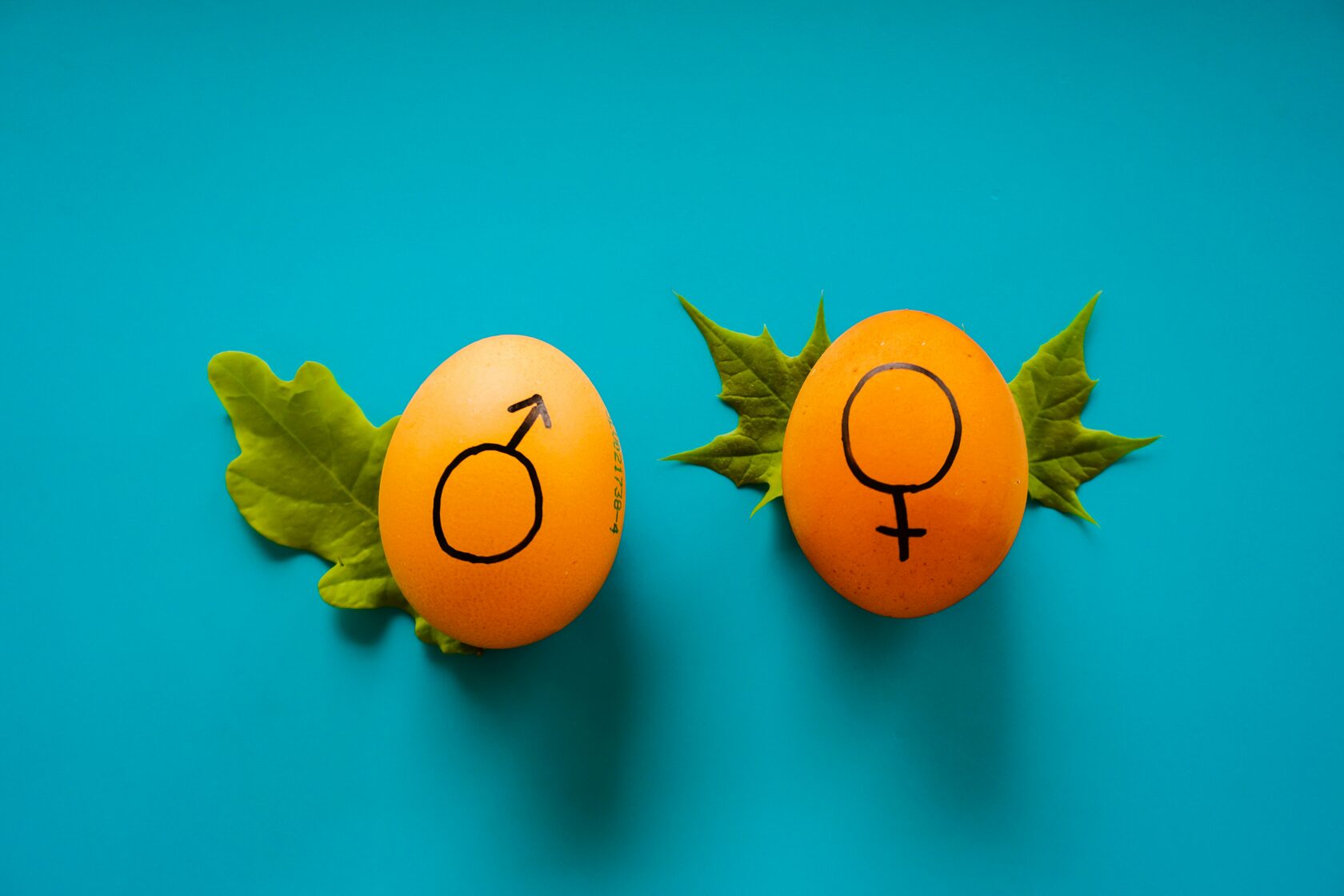Active puberty takes place at the age of 10-17 years. The growth and amount of body hair increases. The boys’ shoulders are getting wider, the voice is mutating. Girls notice breast growth, their waist and hips become more defined.
The basis of puberty is to gain the ability to conceive and give birth to a child in the future. For this purpose, girls’ eggs begin to mature and the first menstruation occurs. And in boys, the testicles and penis increase, sperm begins to be produced, which is released at night during pollution.
Both boys and girls should know about the peculiarities of the physiological processes of menstruation and pollution. That’s why we start a conversation with you on a delicate, but such an important topic in everyday life.
Boys have pollution
Pollution is an involuntary ejaculation of semen during sleep. They arise as a result of the development of the prostate gland and are often accompanied by erotic dreams.
Usually pollution occurs several times a month. But these numbers are very conditional, and everything depends only on your individual characteristics.
Pollution should not cause you any discomfort. But if you feel irritation, burning or pain, this is a signal to consult a urologist.
After pollution, you may notice a stain on your underwear or bed and dried semen on your body. All you need to do is take a shower, wash off the remaining sperm with soap and put on clean underwear. You can also change the bedding so that you don’t feel extraneous odors and dry spots while you sleep.
Pollution is a normal physiological process. We understand that you may feel scared or uncomfortable talking about this with your parents or peers. But we want to assure you that there is absolutely no reason to be ashamed. But if you can’t dare to have the conversation you need, remember about our window with the opportunity to ask an anonymous question. Our boy volunteers will be happy to talk with you “about men”.
Menstruation in girls
Menstruation is the discharge of blood and endometrium from the vagina of a girl or woman. Other names of menstruation are monthly, critical days, these days.
The first menstruation occurs at the age of 11-17 years. It all depends on your physiological characteristics and genetics.
The duration of menstruation is usually 3-7 days.
Menstruation is part of a woman’s menstrual cycle. The menstrual cycle is the number of days from the beginning of menstruation in a given month to the beginning of the next menstruation. Usually the cycle lasts 21-38 days.
The main phases of the menstrual cycle:
menstruation
egg maturation
ovulation is the release of a mature egg from the ovary to the uterus
if an egg meets a sperm on its way to the uterus, fertilization occurs and pregnancy occurs
if there is no fertilization, the egg and endometrium are released during the next menstruation
We recommend that every girl start a menstrual calendar. It serves to mark the beginning of each period, track ovulation and subsequent periods, and know your most fertile days.
The calendar can be both a regular pocket calendar and an application downloaded to your phone. Enter “Women’s calendar” in the search and choose the program that you like the most.
Before menstruation, premenstrual syndrome (PMS) is possible. Premenstrual syndrome is a complex of changes that you feel 2-10 days before the start of the cycle.
The most common symptoms of PMS are:
irritability
sensuality and tearfulness
mood swings
fast fatigue
an insatiable desire to eat
abdominal distension
chest pain
skin rash
Premenstrual syndrome occurs due to a decrease in the level of progesterone and estrogen in the body. Fresh air, exercise, proper nutrition and good emotions help relieve PMS. Everything depends only on your body, so explore a method that will relieve PMS and help you. Also, smile and take everything positively!)
That’s not all. We have collected for you answers to the most common questions about menstruation: “What to do when your stomach hurts?”, “Can you have sex during your period?”, “Pads or tampons: which is better?” and other.
We are waiting for you here. The most common questions about menstruation (+ link to the article)
Grab a glass of juice and invite your friend to the screen. It will be interesting for both of you!
Your connections



